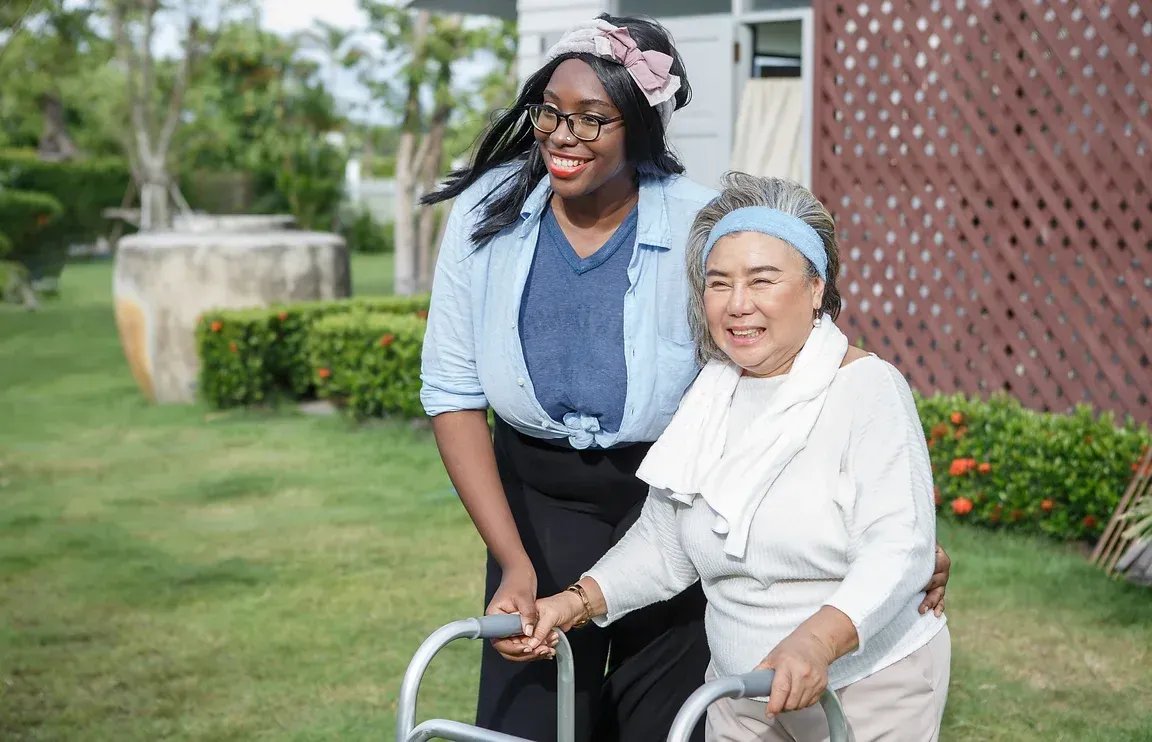It's OK to FIght
It is your choice whether you fight for life, not anyone else's
April is Healthcare Decisions month and I wanted to share some recent experiences revolving around a trend that is developing in elder patient care. My clients who are in the hospital or in a skilled nursing facility are being told soon after being admitted that there is no more that can be done to help them and they should enter hospice care. I am a proponent of hospice care and know the amazing support it offers families. That said, I also believe everyone has the right to have their healthcare decisions honored, so if a patient and their family want to continue to fight they should be given every opportunity.
Ms. C is a client of mine who has ongoing illnesses. Recently, she has had to go to the hospital for an infection, which has made her much weaker. One morning, when I went to check on her, she had not been eating, was barely talking, and was very confused when she spoke. The doctor came in and said that she was declining and probably would not get better. When we asked if there were stronger medications or other interventions, he did not offer any solutions. The options he gave were to go to rehab where he did not think she would succeed, or go home on hospice. The family decided to go to the rehab and talk to the doctor there instead of asking for a second opinion at the hospital. The doctor in the rehab had a different perspective and started stronger medications that helped Ms. C improve only a few days later.
On the fourth night she got sicker again and when I went to visit in the morning she was having trouble breathing. My client's status was “Full Code”, which means there is a doctor’s order stating that the staff has to do everything possible to save her, including calling 911. However, Ms. C’s nurse said that she was too weak and said she would not call 911! Thankfully, because I know the law, we were able to get in touch with the family and they called 911. It is against the law to go directly against a doctor’s order and while the nurse had a different opinion, she did not have the right to override what the client, family, and doctor had said. We decided that Ms. C should go back to the hospital through the ER where she received great interventions. She got much better and is currently at home with caregivers.
Ms. E is another client and had a similar experience in a different hospital. The hospital labeled her ‘Hospice Appropriate Only’ a day or two into her stay but the family wasn’t ready to give up fighting. Despite that, no new treatments were offered. Ms. E has an Advance Directive stating she wanted all measures taken to save her life. I was hired to step in, ask questions and push for options. With added support, she’s now improving at home.
In both cases, age seemed to influence the level of care offered. Legally, each person has the right to choose how much medical intervention they want. At Aging Care Management, we’ll continue to fight for those who want to fight for their lives—regardless of age.










